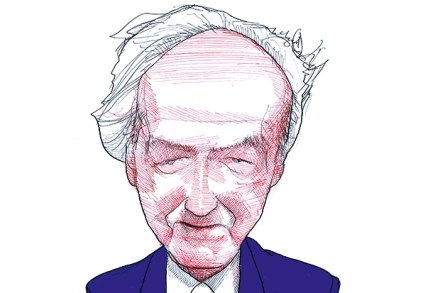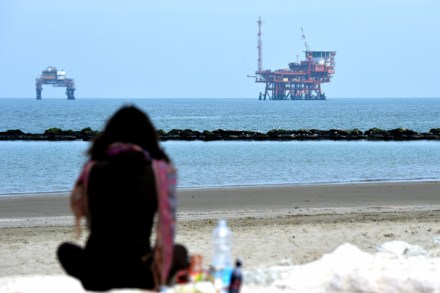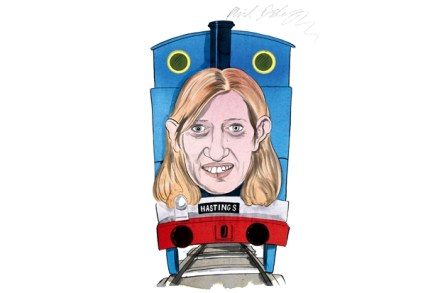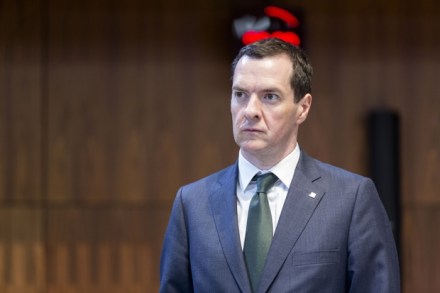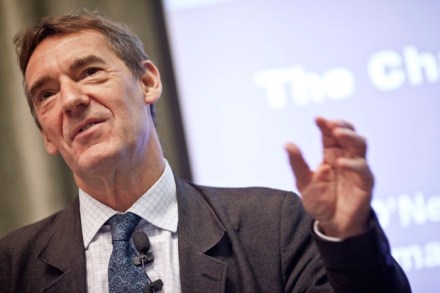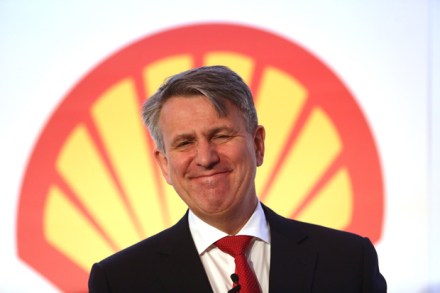The unlikely oilman
Algy Cluff is the longest-serving oilman in the North Sea. He was one of the first to drill for oil there, in 1972, and at the last government handout of drilling licences, two years ago, there he was again, making a handsome gas discovery. Now 76, he’s also the least likely oilman you can imagine. Tall, rangy, dressed in Savile Row pinstripes; he is no J.R. Ewing. His diffident, patrician voice is so gentle that I have to turn my tape recorder up to transcribe this interview. Cluff’s Who’s Who entry lists membership of 11 clubs. But there is no clubman stuffiness about him. He’s full of wonderful anecdotes, many
